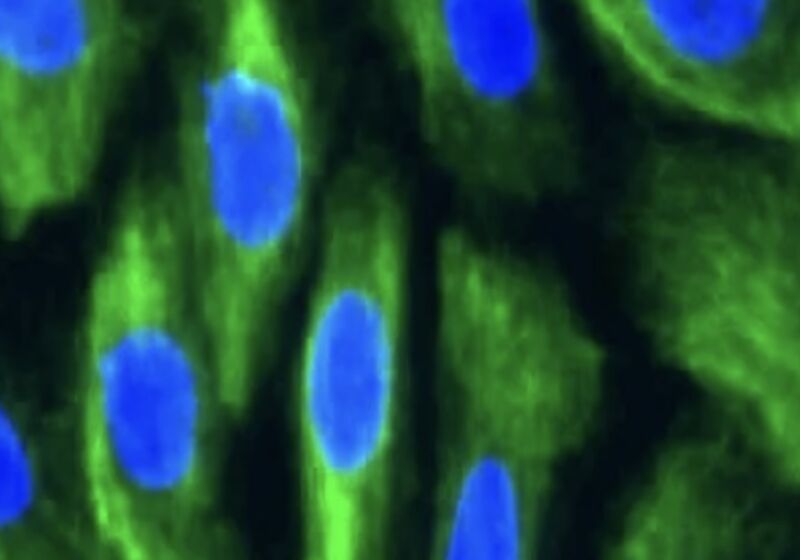9 Oct 2025
Welcome to Noam Prywes
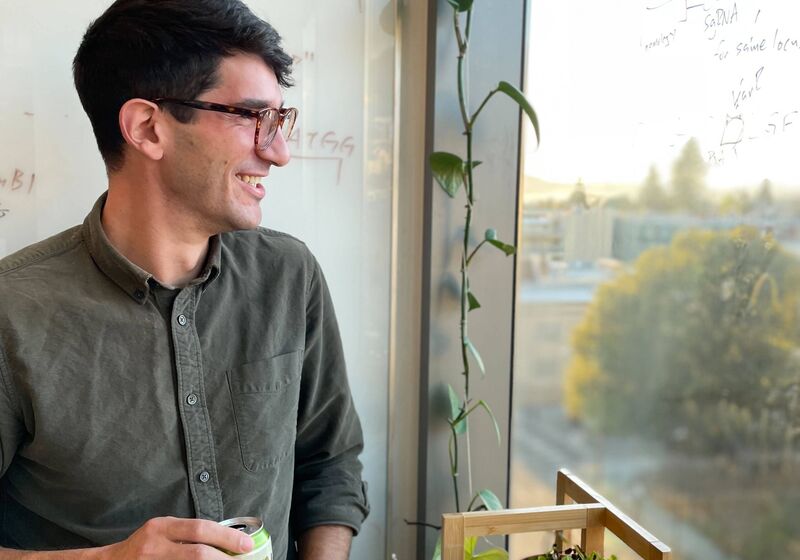
9 Oct 2025
Chris Howe gives Tan Sri Leo Moggie Lecture in Malaysia
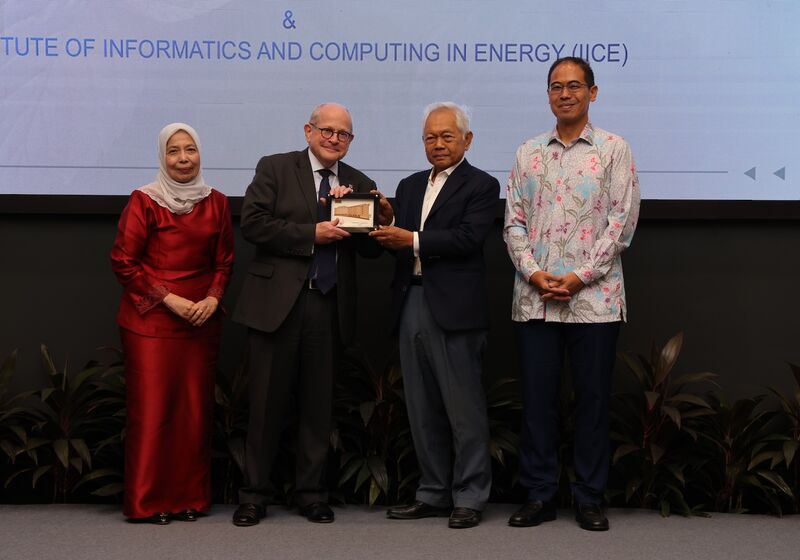
1 Oct 2025
Welcome to Professor James Thaventhiran

23 Sep 2025
Claudia Bonfio awarded UKRI Future Leader Fellowship
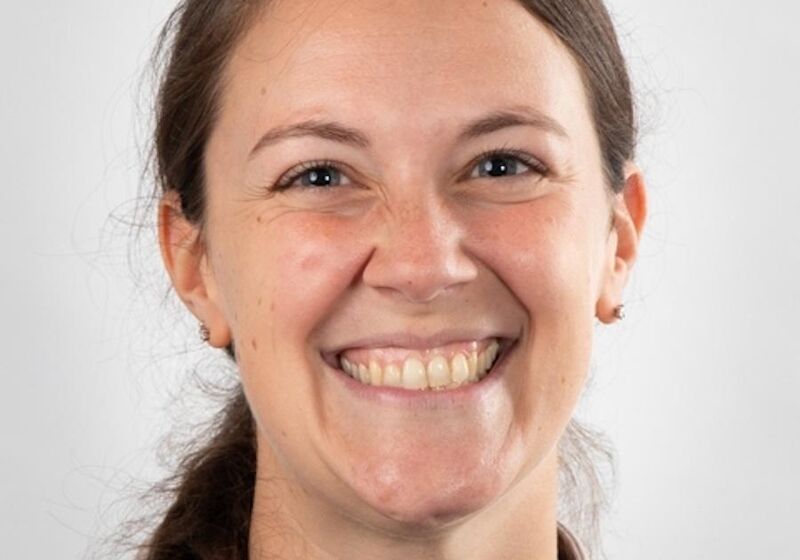
23 Sep 2025
Biochemistry Postdocs Win Awards from the Postdoc Academy
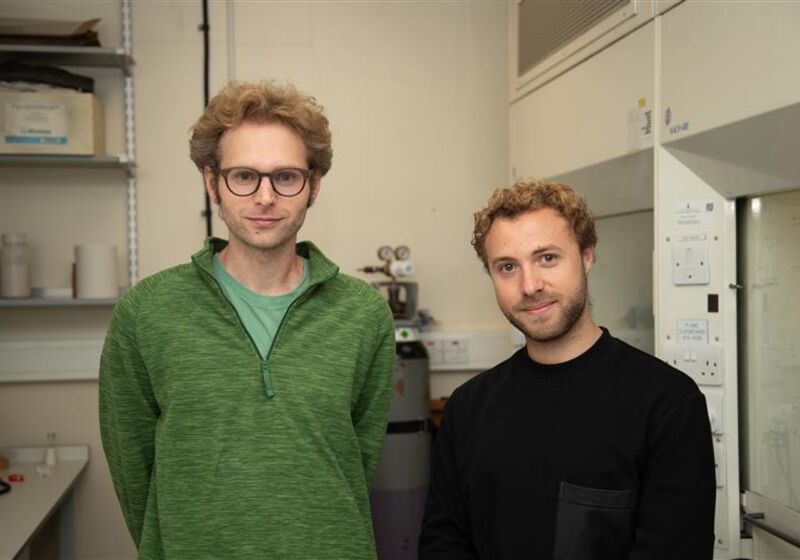
3 Sep 2025
Pankti Vaishnav wins MBoC Early Career Paper Award

2 Sep 2025
Exeter Professorship for Brian Hendrich
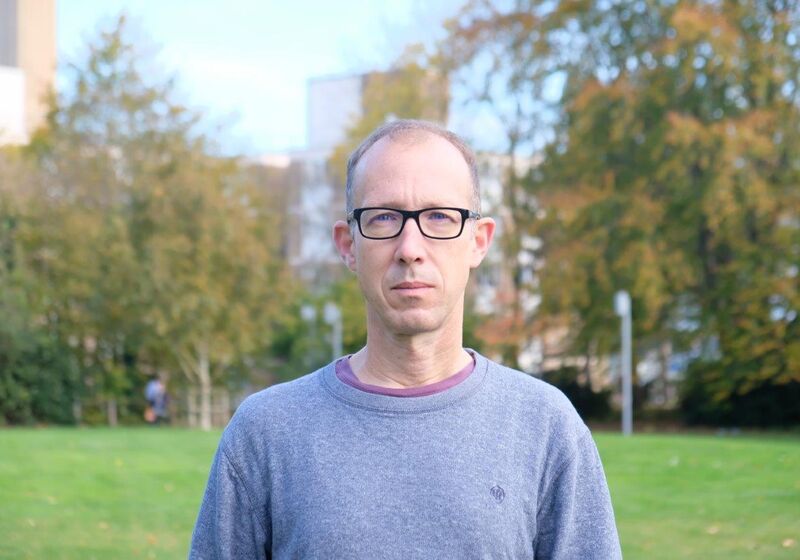
20 Aug 2025
'Makis' Ampartzidis is the Pete Coffey Award Winner
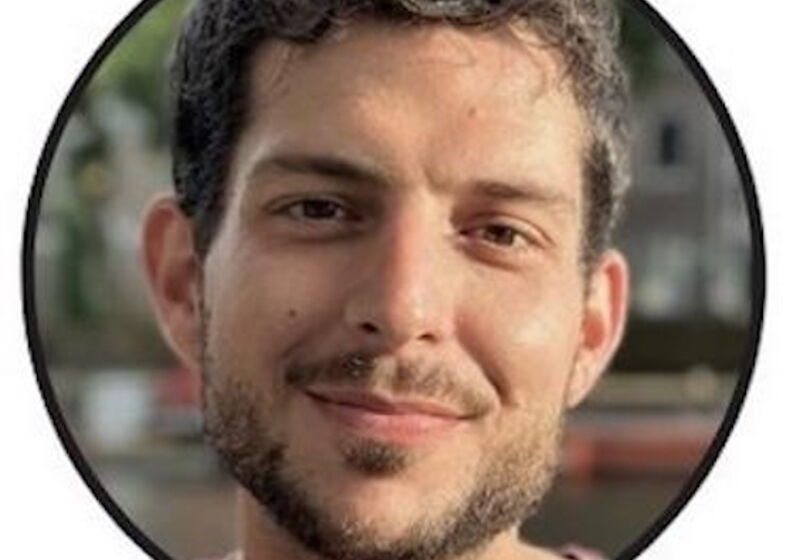
21 Jul 2025
A novel method for investigating complex bioelectrical pathways
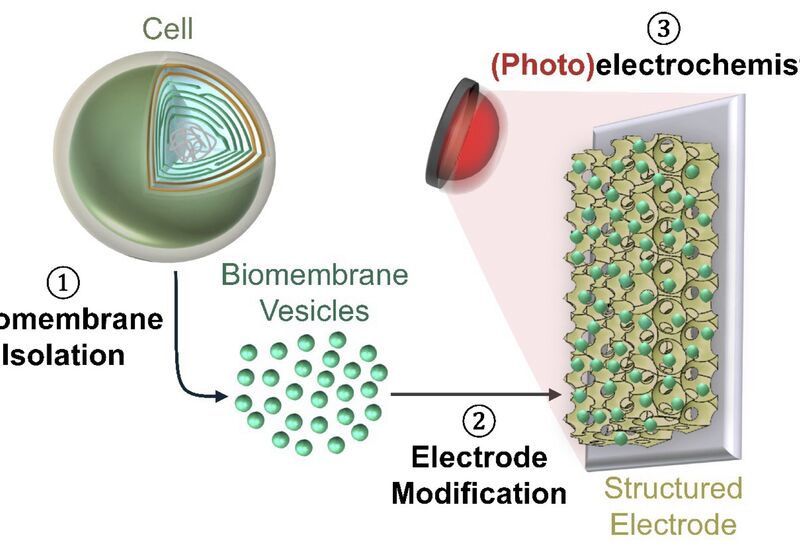
18 Jul 2025
Mike Deery secures BBSRC grant for state-of-the-art equipment
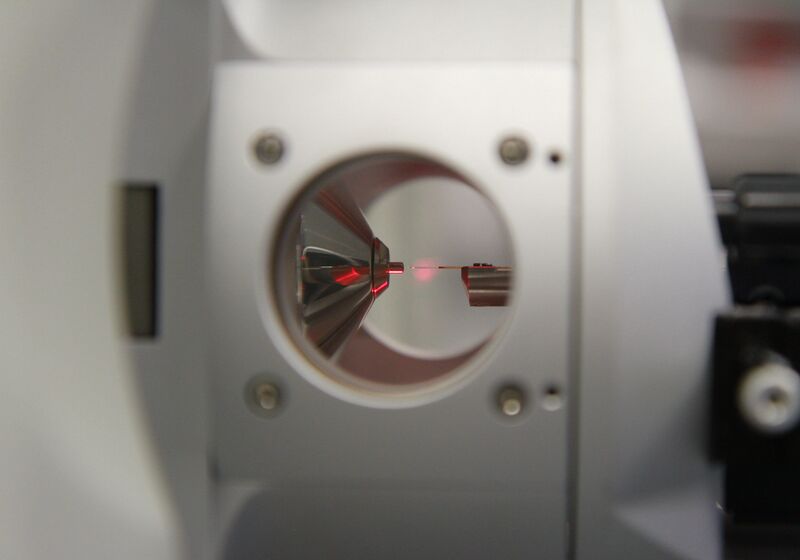
18 Jul 2025
Jessica Corry wins entrepreneur award
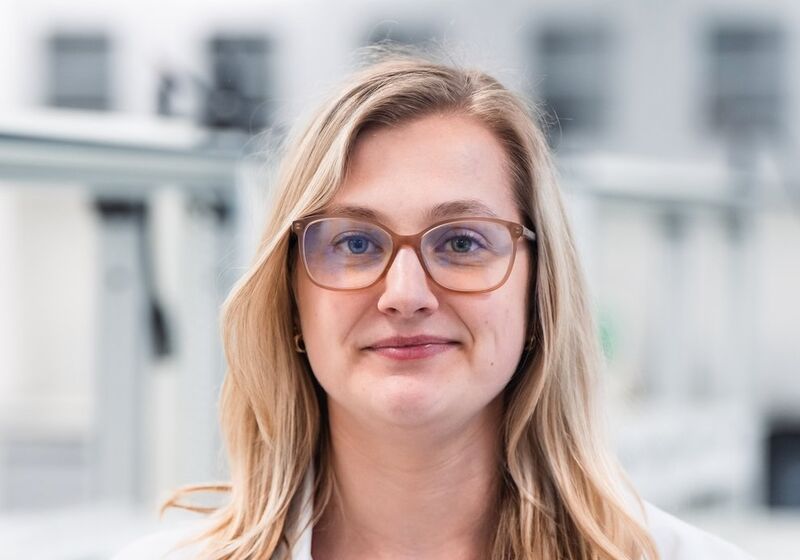
14 Jul 2025
First pilot therapeutic trial in Dent disease caused by OCRL1 gene mutations
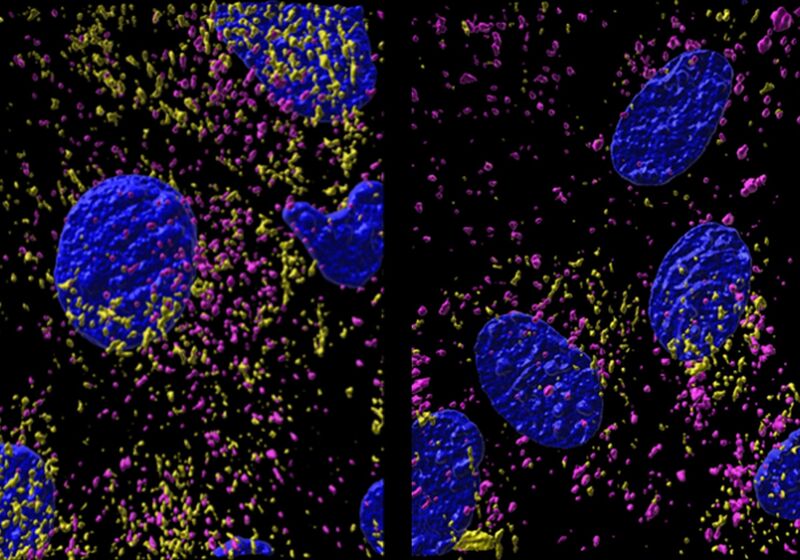
13 Jul 2025
Patil Group discovers how gut microbes could protect us from toxic 'forever chemicals'
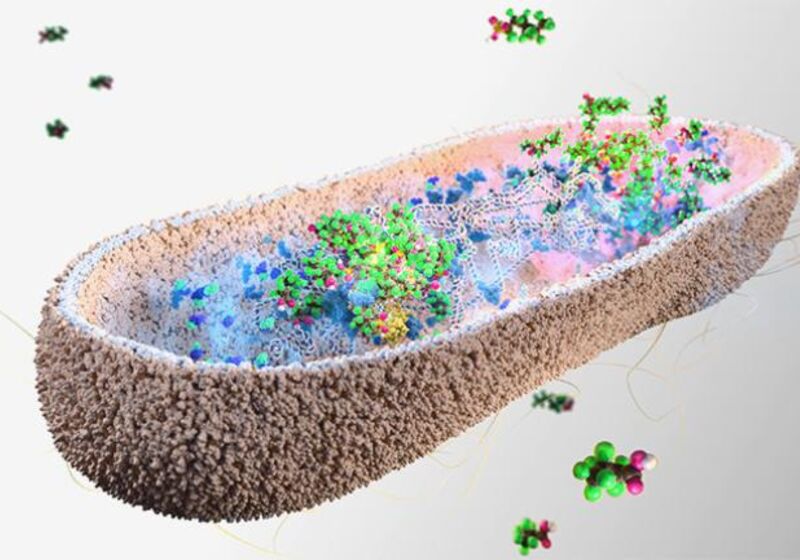
4 Jul 2025
Two new publications by the Salje Group
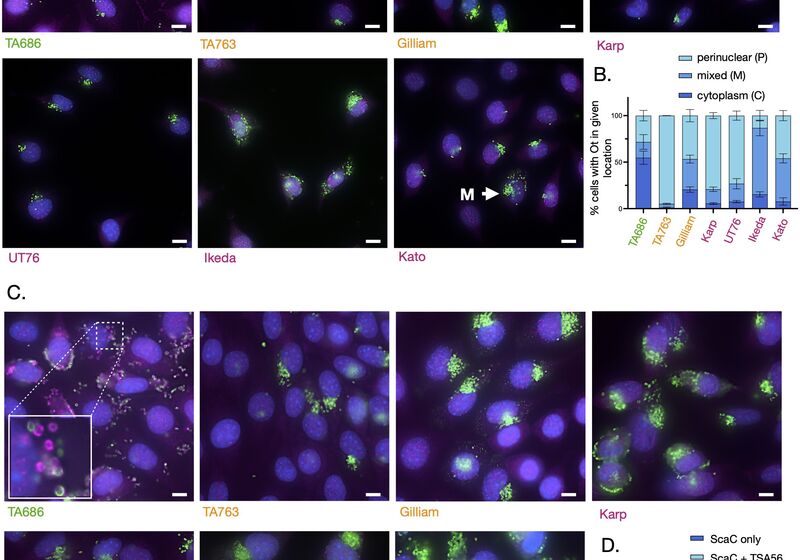
3 Jul 2025
Women's health feature includes the Twigger Group's work
